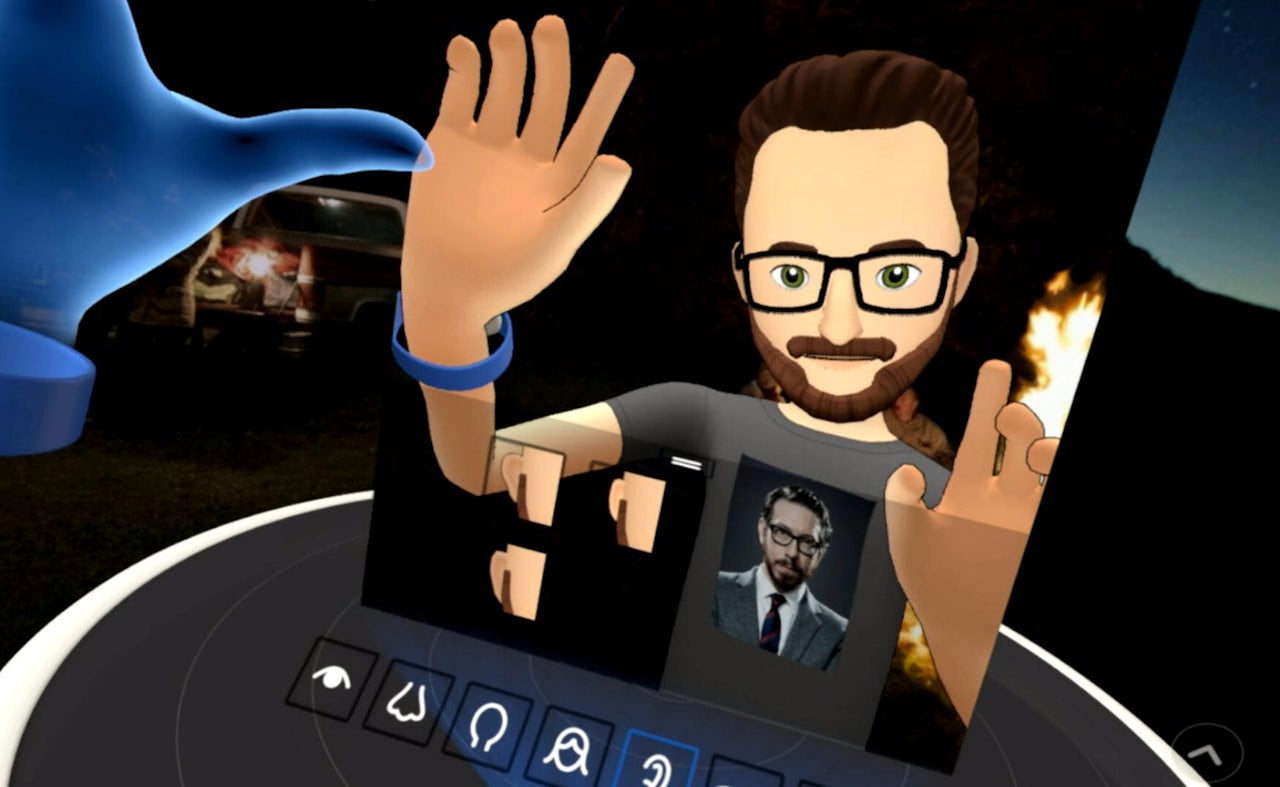Joshua Topolsky reports in The Outline:
With cumbersome hardware, absurd PC requirements, and no AAA titles, it’s increasingly unlikely we’ll see a major shift to virtual reality any time soon.“We need to see the metrics for active users of VR. A lot of people bought headsets just to try it. How many of those people are active? We found in terms of our data, a lot of users weren't.We expected VR to be two to three times as big as it was. You can't build a business on that.” Oculus sold to Facebook and has become little more than a parlor trick.
Hilmar Veigar Pétursson, CEO of the studio CCP Games (responsible for the massive Eve: Online), says the company doesn't see much of a future for virtual reality gaming. “We expected VR to be two to three times as big as it was, period,” Pétursson told gaming site Destructoid just a few days ago, adding, “You can't build a business on that.” There's a chance the company could jump back in, but their own data showed adoption was slow, even among enthusiasts. “The important thing is we need to see the metrics for active users of VR. A lot of people bought headsets just to try it out. How many of those people are active? We found that in terms of our data, a lot of users weren't,” Pétursson said.
So what happened here? VR was supposed to be a revolution, with companies like Oculus pioneering a whole new way for gamers and non-gamers alike to be immersed in digital environments — but that excitement has markedly cooled. The media (yes, me included, at least early on) has gone through several cycles of fawning, optimistic prognostication, and... wishful thinking? — but for all the hype we have very little consumer interest to show for it. Oculus sold off to Facebook and has become little more than a parlor trick Mark Zuckerberg shows off at every F8 event. As Ben Thompson recently noted, the bet on the company is an awkward fit for Facebook that strays from Zuckerberg’s strengths in several ways:
If Facebook wanted a presence in virtual reality the best possible route was the same it took in mobile: to be an app-exposed service, available on all devices, funded by advertising. I have long found it distressing that Zuckerberg, not just in 2014, but even today, judging by his comments in keynotes and on earnings calls, seems unable or unwilling to accept this fundamental truth about Facebook’s place in tech’s value chain.Oculus founder Palmer Luckey is now tooling around on right wing defense projects, while co-founder Brendan Iribe has just left the company amid rumors of future headsets being shelved. Several prominent studios have shut down or struggled with VR efforts, including Viacom and AltspaceVR, and Microsoft is a steadfast “no” when it comes to dipping its toes in the water via the Xbox. Sony has boasted about sales of the PSVR hitting 3 million in two years, but there are 82 million PS4 units in the hands of consumers (and keep in mind that Microsoft sold 35 million Kinects but still discontinued the product). With cumbersome hardware (which, let's be honest, looks really stupid to most people), absurd PC requirements, and nearly no AAA titles to lure the curious into the world of VR, it’s becoming increasingly unlikely that we’ll see a major shift to virtual reality any time soon.
Also worth noting: if you’re looking to Magic Leap for a kind of bridge to the future with its AR efforts, don’t get too wound up. Brian Merchant’s excellent and detailed feature story for Gizmodo on the company’s struggles to get around the same hardware, software, and consumer adoption issues that plague VR make it clear there is no easy answer in this space.
In my opinion — as someone who watched this new generation of virtual reality emerge from the earliest days, and was one of its biggest fans — VR adoption will only happen when the barrier to entry is akin to slipping on a pair of sunglasses (and even then it’s no sure thing). Most people don’t want to wear a bulky headset, even in private, there’s no must have “killer app” for VR, and no one has made a simple plug-and-play option that lets a novice user engage casually. Everyone I know who’s tried a VR headset is blown away by the experience, but no one really wants to go deep on it except for what amounts to a rounding-error percentage of enthusiasts. Someone needs to break through with a seriously downsized and much more sophisticated offering... and the tech (nor the business incentive) is just not there. Apple has made a clear bet on augmented reality and Google already took a soft swing with VR that didn’t even get a mention at the company’s last press event, so don’t hold your breath for a white knight.
Update: An earlier version of this article incorrectly stated that AltspaceVR had shut down. The company did shut down in mid-2017, but it was then acquired by Microsoft.




















0 comments:
Post a Comment